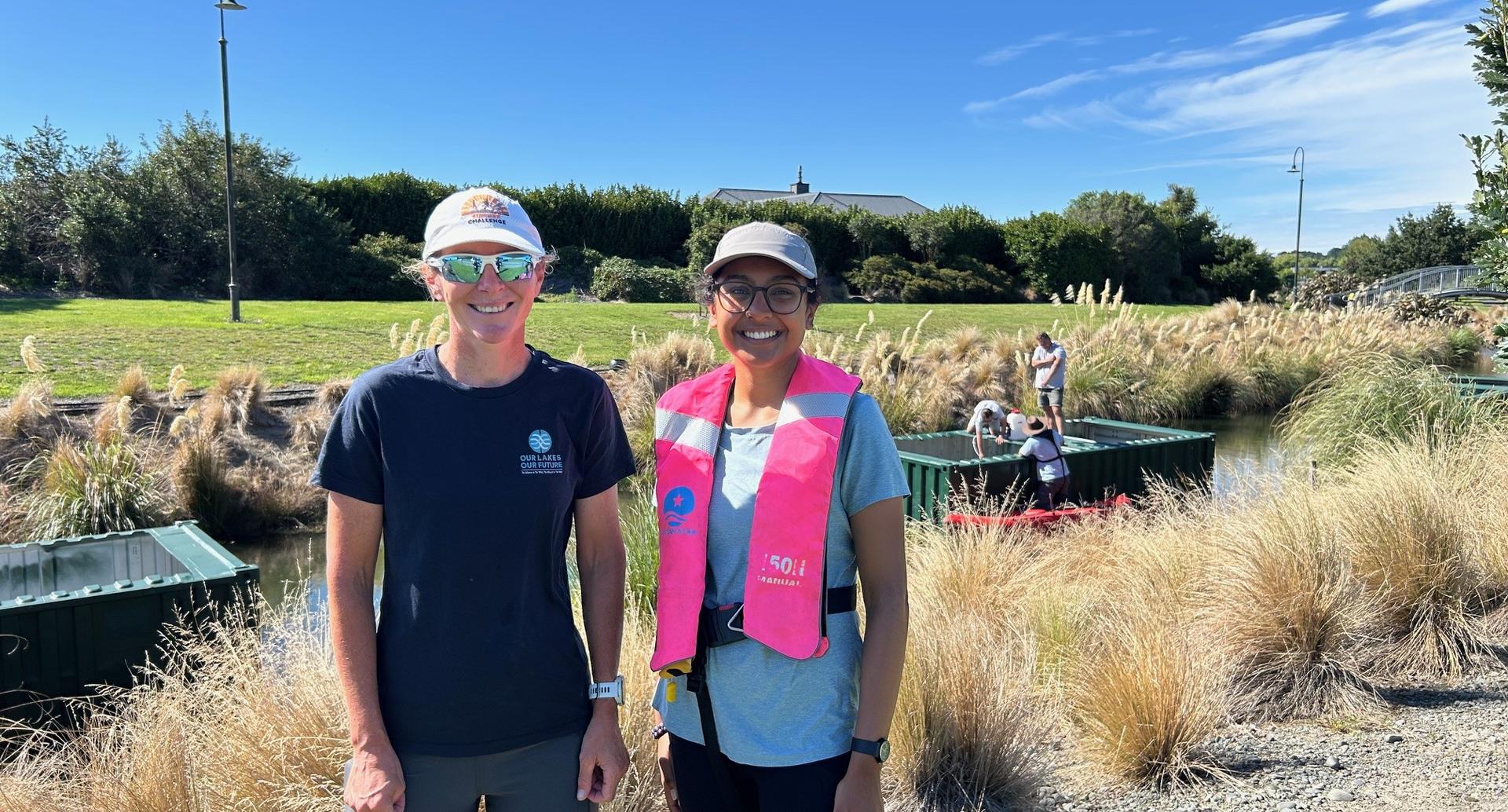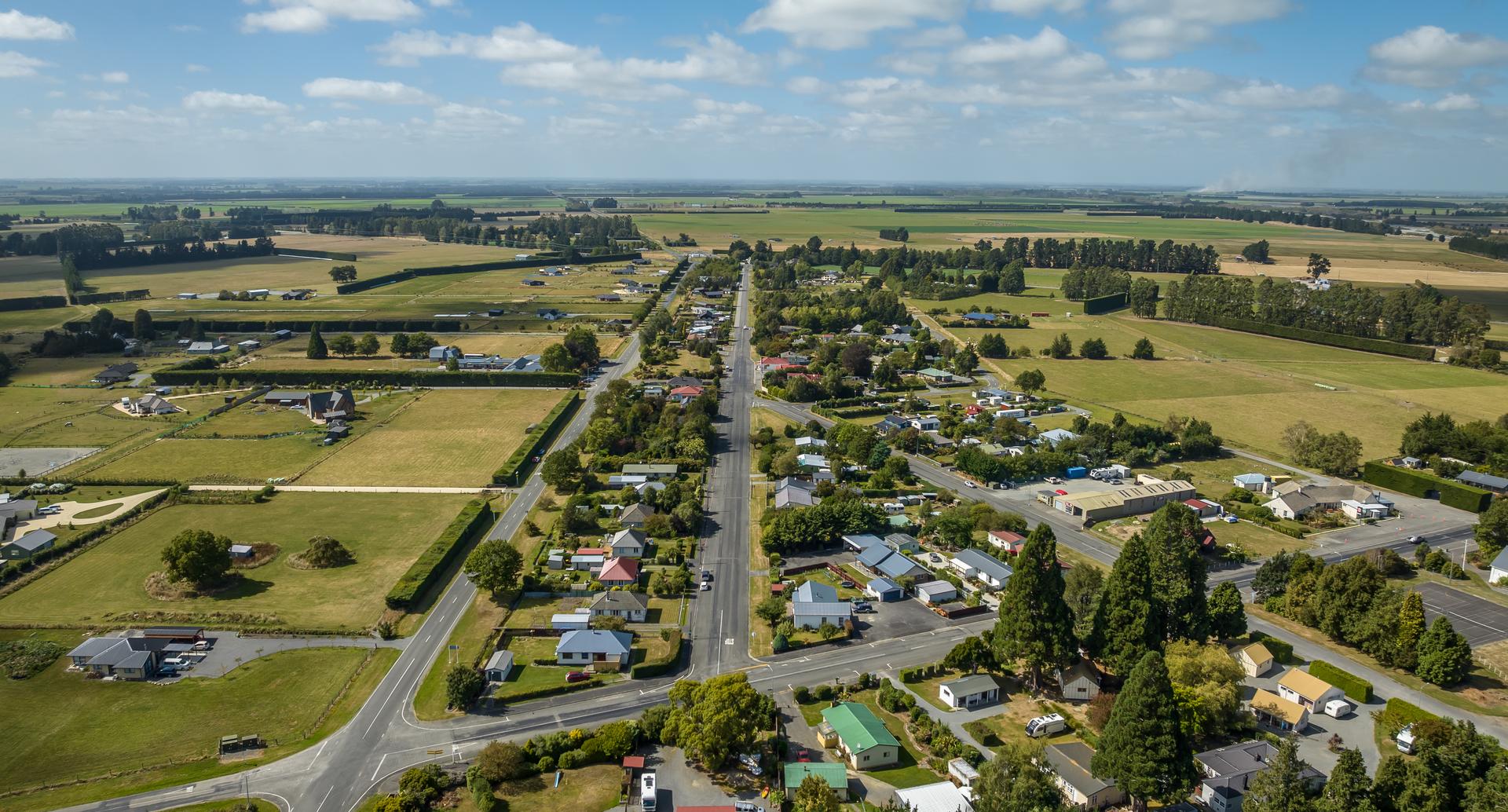Drinking water on Council supplies compliant with nitrate levels in drinking water standards

Ashburton District Council is assuring residents connected to its public drinking water supplies that the water is safe to drink, and that it complies with nitrate levels in the national drinking water standards.
Drinking water in the Ashburton district has been the focus of a Greenpeace report today, which calls on the Government to address nitrate contamination.
Council Chief Executive Hamish Riach said Council constantly monitors and tests its 12 community water supplies to ensure none were exceeding the maximum allowable nitrate level as set out in the Drinking Water Standards for New Zealand.
“The general level of nitrate in groundwater in Canterbury is well documented by Environment Canterbury, and in the Ashburton District, we constantly monitor the water supplies we own and operate.
“These Council supplies service about 70 per cent of the district’s population – the Ashburton scheme is the biggest, with more than 200km of pipe supplying about 19,000 people and the smallest rural scheme serves about 90 people.
“Council supplies draw mostly from deep 100m bores and we test for a number of things, including nitrate, to look for any trends and to ensure the levels are safe and that the supplies are compliant with nitrate levels in the national drinking water standards.”
Council does not monitor the water quality of people who have their own water supply, however it provides on its website information about safe and healthy private water supplies and information about the risks from nitrates in groundwater.
“We encourage private bore owners to monitor their water quality periodically and seek advice from a water quality professional if they have concerns.
“We’re aware of the concern around nitrates in drinking water and think everyone should have access to safe drinking water. We are also constantly looking at our drinking water infrastructure and areas of population growth to assess projects that could be included in our long term planning.”
Environment Canterbury has also provided information today about the work it is doing around nitrates.
Director of Science Dr Tim Davie said the issue of elevated nitrate concentrations was a key driver for change in agricultural practices in the Ashburton plains, leading to better environmental outcomes.
“We have been working on this closely with the farming community for over five years, through the nitrate leaching restrictions in our plans driving better farming practices," he said.
“The increase in nitrate concentrations is a result of more than a century of all types of agriculture and meat processing on the Canterbury plains and will take some time to address. This is because it takes a long time for nitrate-rich water to move through the groundwater system.
“The only way to address the issue is through reduction in nitrate leached into groundwater and this is what we, along with the agricultural community, are doing. For example, Plan Change 2 to the Canterbury Land and Water Regional Plan in 2018 requires a 45% reduction in nitrogen losses in large parts of the Ashburton District.
“We absolutely recognise the problem but would like to clarify that Greenpeace is being misleading in the way it has presented the results of its samples taken on Saturday by using statistics based on a single Danish study rather than New Zealand’s Drinking Water Standards, set by the Ministry of Health and Taumata Arowai.
“For drinking water, the New Zealand Drinking Water Standards set a Maximum Acceptable Value (MAV) of 50 milligrams per litre (mg/l) for nitrate, which is equivalent to 11.3 mg/l nitrate-nitrogen. This is based on the World Health Organisation (WHO) standard. A 2018 review of the science behind the WHO standard, which included the Danish study, concluded there was not enough evidence to change those limits.
“In 2022, the Office of the Prime Minister’s Chief Science Advisor reviewed the evidence on links between bowel cancer and nitrate in drinking water and concluded that “the evidence base is not conclusive with respect to whether the relationship is causal or coincidental”. (Nitrates in drinking-water | Prime Minister's Chief Science Advisor (pmcsa.ac.nz))
“It’s also important that people understand that the Greenpeace samples were taken mostly from private wells on rural properties and not the main Ashburton town drinking water supply.
“We welcome the raising of awareness of reducing nitrates as an important issue for environmental and human health and continue to work closely with other agencies and landowners on this issue.”
Share this article
Latest News
New grants round, and online grants finder
Council to submit on rates cap
Council services over Waitangi weekend 2026
Stockwater Exit: Info session and progress so far
Tips for buying your own home or starting a business
Road Closures
MAYFIELD VALETTA ROAD
from 9 Feb 7:00 to 13 Feb 18:00
DAVID STREET
from 21 Jan 7:00 to 27 Feb 18:00
FITZGERALD ROAD - SEASIDE ROAD
from 15 Mar 8:00 to 15 Mar 20:00
EALING MONTALTO ROAD
from 26 Jan 7:00 to 6 Mar 18:00
FAIRFIELD ROAD
from 26 Jan 7:00 to 31 Mar 18:00
View all Road Closures | Live map







